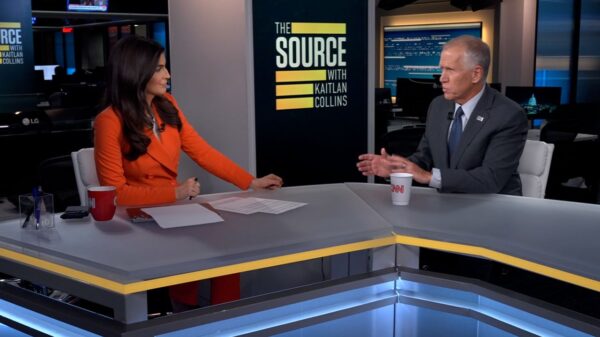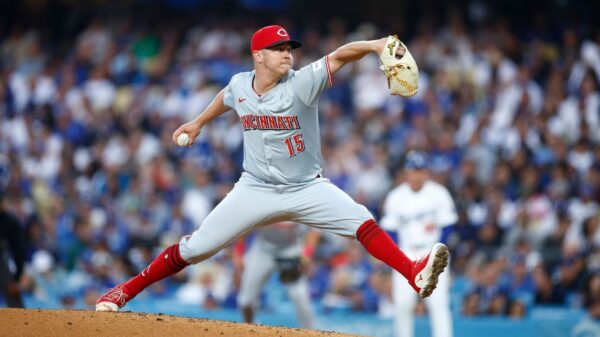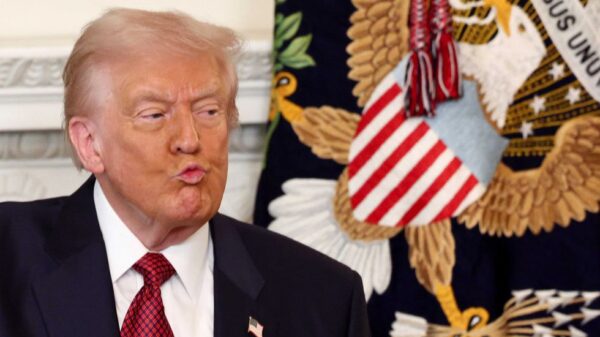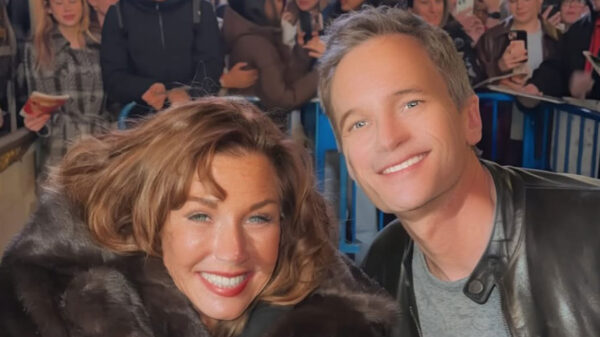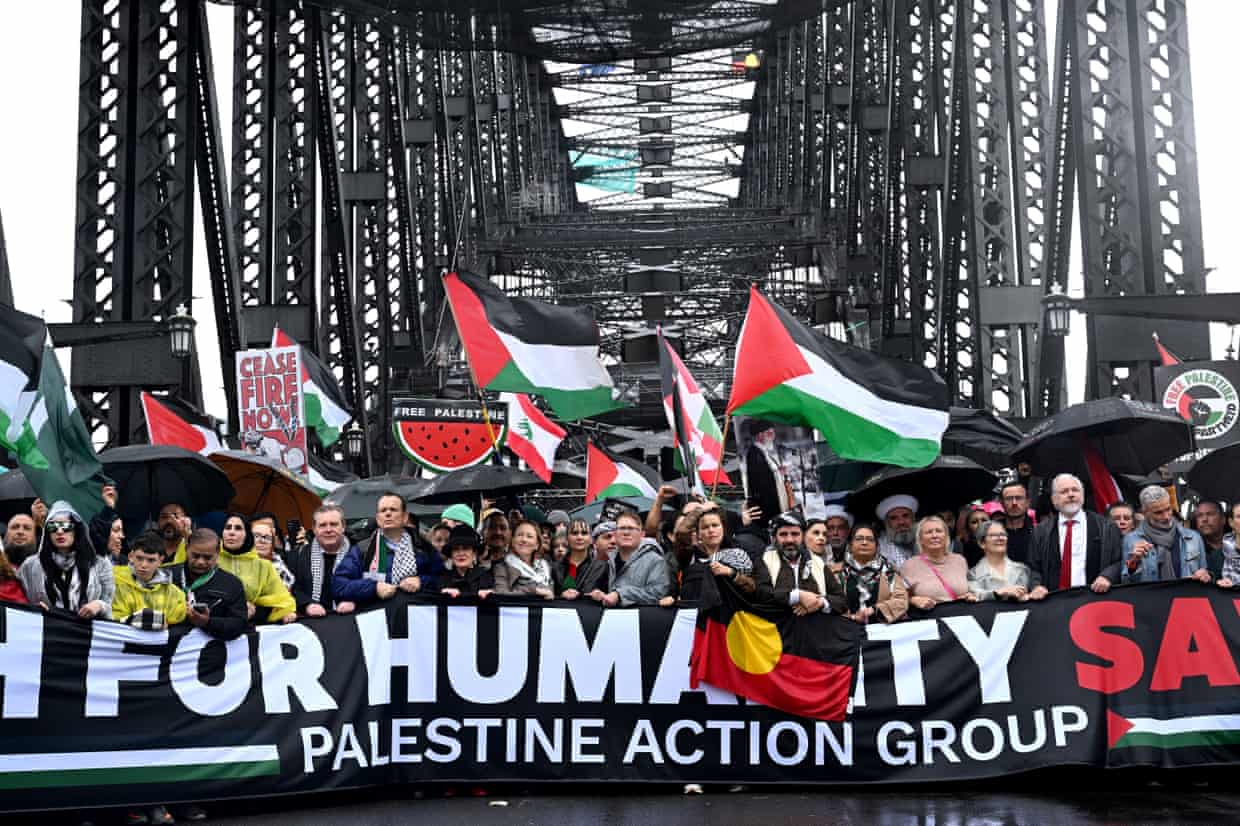New South Wales Premier Chris Minns is facing significant backlash from within his own Labor caucus regarding his handling of the recent pro-Palestine march across the Sydney Harbour Bridge. The protest, which took place on August 20, 2023, was initially met with opposition from police, who denied a permit on public safety grounds. However, the NSW Supreme Court overturned that decision, leading to a turnout that police estimated at 90,000, while organizers from the Palestine Action Group claimed the number was closer to 300,000.
During the caucus meeting scheduled for Tuesday, members intend to propose a motion condemning the humanitarian conditions in Gaza and reaffirming the public’s right to protest. This internal dissent reflects growing frustration among party members, including prominent figures such as Penny Sharpe, the NSW Energy Minister, and Jihad Dib, a frontbencher, who participated in the march alongside other state MPs, including former premier Bob Carr.
Critics within the Labor Party argue that Minns’ approach appears more aligned with the media narratives propagated by outlets like News Corp than with the values of the party itself. “There’s a sense that our policy positions are at the most conservative end of the spectrum,” one member of the right faction stated, requesting anonymity. They expressed a desire for more progressive policies, saying, “I would just like a bit more Labor in my life.”
Historically, the hard left faction, which initially supported Minns for leadership, has remained largely silent on his stance regarding protests and law enforcement issues, including recent changes to bail laws. This silence has further exacerbated tensions within the party, with some right faction members feeling frustrated by the lack of progressive advocacy from their colleagues. “They’ve been completely missing in action,” one member remarked about the left’s absence on key issues.
Mark Morey, Secretary of Unions NSW, voiced his concerns, stating, “When there’s a strong public hunger to protest against violence and humanitarian crises, the government’s role should be to facilitate peaceful expression, not obstruct it.” He referred to the large turnout as a clear indication of public sentiment regarding the situation in Gaza. Morey criticized Minns’ initial attempt to block the demonstration as an overreach that the court justifiably rejected.
In response to the backlash, Minns reiterated his position on Monday, asserting that he does not regret opposing the march. “It’s my job to be on the side of public safety,” he stated, acknowledging the challenges of balancing public safety with the right to protest in a major city like Sydney. He emphasized that the government must navigate these issues carefully, indicating that he would not rush to legislate restrictions on future protests.
However, this stance has drawn sharp criticism from members of his own party. NSW Labor MP Stephen Lawrence argued that suppressing a mass protest in the name of public safety is “just risible.” He noted that the protest organizers had offered to delay the march until August 24, but this proposal was rejected, forcing police to scramble for crowd management solutions.
Minns has indicated that the government may consider appealing the ruling made by Justice Belinda Rigg that allowed the protest to proceed. He cautioned that the government may enact legislation to prevent future protests on the bridge, stating, “No one should believe that it’s open season on the bridge.”
As internal divisions within the Labor caucus become more pronounced, Sue Higginson, a member of the Greens, suggested that Minns must begin listening to the concerns of his party. “Labor Premier Chris Minns is acting strangely and is not listening,” she said. Higginson emphasized the need for transparency regarding the reasons behind Minns’ absence from the march, indicating that the public deserves clarity on his priorities concerning significant humanitarian issues.
As the situation develops, the Labor Party’s internal dynamics will be tested, particularly as members navigate the complex intersection of public sentiment, safety concerns, and their party’s core values.


